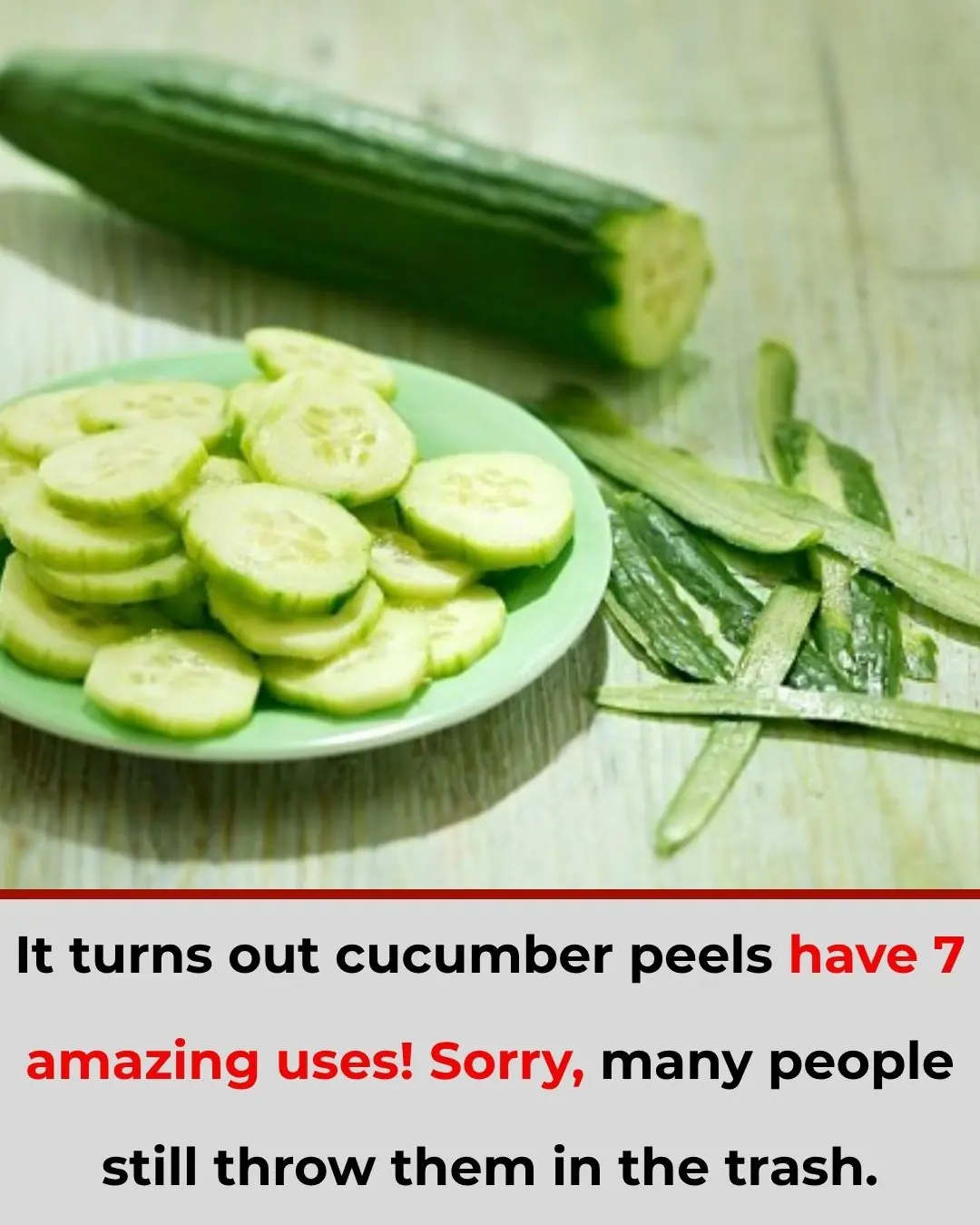
5 Foods That Practically Never Expire — The Longer You Store Them, the More Valuable They Become
Not all foods are meant to be stored for a long time — many spoil or lose flavor quickly. However, there are a few special ingredients that actually improve with age. These pantry staples not only stay safe to eat for years but can even become richer in taste, aroma, and value over time. Let’s take a closer look at these timeless treasures that every household should keep on hand.
1. Vinegar
Vinegar is the first item on the list — and it’s practically immortal. Despite having an expiration date printed on the bottle, well-stored vinegar never truly “goes bad.” It’s widely used in cooking, pickling, and even cleaning. Think of garlic pickled in vinegar, dried fruits soaked in vinegar, or the popular apple cider vinegar — all of these benefit from vinegar’s natural acidity and preservative power.
Natural, unprocessed vinegar that contains no artificial additives or preservatives is especially healthy. It should, however, be stored in an airtight container and kept away from direct sunlight to maintain its quality. If vinegar is exposed to air for too long, it may develop a cloudy appearance or slightly altered flavor — but that doesn’t necessarily mean it’s unsafe. In fact, aged vinegar often develops a deeper, more complex taste, similar to fine wine.
2. Soy Sauce
Soy sauce is a staple in almost every kitchen. When properly stored, it can last for years — even decades — without spoiling. Fermented soy sauce contains natural salts and amino acids that prevent bacterial growth, allowing it to remain fresh and flavorful over time.
If possible, choose naturally brewed or aged soy sauce, as these varieties are richer in nutrients such as amino acids, enzymes, potassium, and certain vitamins. They also have a deeper umami flavor compared to mass-produced versions. Keep soy sauce tightly sealed in a cool, dark place, and you’ll always have a versatile seasoning ready for soups, stir-fries, and marinades.
Bonus tip: Once opened, you can refrigerate soy sauce to maintain its original aroma and prevent oxidation.
3. Cooking Wine or Rice Wine
Cooking wine — often made from fermented grains — is another food that never expires when stored correctly. In fact, like fine aged wine, its quality can improve with time. As it ages, the aroma becomes more refined, and the flavor more mellow and balanced.
Traditional Asian rice wines and Western cooking wines alike are valued for their complexity. Some connoisseurs even store certain types of rice wine for years, treating it like a collectible. Just ensure that the bottle is sealed tightly and kept away from heat and direct light.
4. Tea
Tea leaves, especially those that are well-dried and properly stored, can last far beyond their printed expiration dates. The shelf life of different teas varies — black tea generally lasts one to three years, while certain aged teas like Pu-erh or dark oolong can actually increase in value and flavor the longer they’re kept.
Over time, well-aged tea develops a smoother, richer taste profile. To preserve its quality, store tea in a cool, dry place away from moisture and strong odors (since tea absorbs smells easily). Use an airtight tin or ceramic jar rather than a plastic bag.
Interesting fact: Some aged Chinese teas have been auctioned for thousands of dollars — proof that proper tea storage is both an art and an investment!
5. Honey
Honey might be the most famous “never-expiring” food in the world. Archaeologists have even found pots of edible honey in ancient Egyptian tombs — still perfectly preserved after thousands of years!
Pure, natural honey is a supersaturated sugar solution with high osmotic pressure, meaning microorganisms cannot survive in it. It also contains an enzyme called glucose oxidase, which produces hydrogen peroxide when reacting with glucose. This gives honey its powerful antibacterial and antifungal properties.
While honey may crystallize or turn white over time, that’s a normal process that indicates purity — not spoilage. Simply warm the jar gently in warm water, and it will return to its liquid form.
To keep honey fresh indefinitely:
-
Store it in a dry, cool place away from sunlight.
-
Always close the lid tightly after use.
-
Use a clean, dry spoon (never one that’s wet or oily) to avoid introducing moisture or bacteria.
Final Thoughts
These five household staples — vinegar, soy sauce, cooking wine, tea, and honey — are living proof that some foods truly stand the test of time. They not only save you from food waste but can also gain value, depth, and richness as they age.
Keeping a small stock of these “forever foods” is both practical and rewarding — they’re versatile, economical, and surprisingly enduring. Next time you organize your pantry, remember: some ingredients only get better with time!
News in the same category


My nana taught me this hack to relieve joint pain in 5 mins with 0 work. Here’s how it works

Were you aware of this? Wow, I discovered something new!

Don't throw away the milk powder carton, punch a few holes and place it next to the bed, you will see the amazing effect

4 things to keep in the freezer are "extremely dangerous", if you are careless, you could lose your life

My nana taught me this hack to get rid of puffy eyes in 2 mins with 0 work. Here’s how it works

How To “Remove” All The Chemicals Out Of Store-Bought Chicken

Is Sleeping with Wet Hair Really That Bad

You are doing it all wrong. Here's the right way to use vaporub for nail fungus
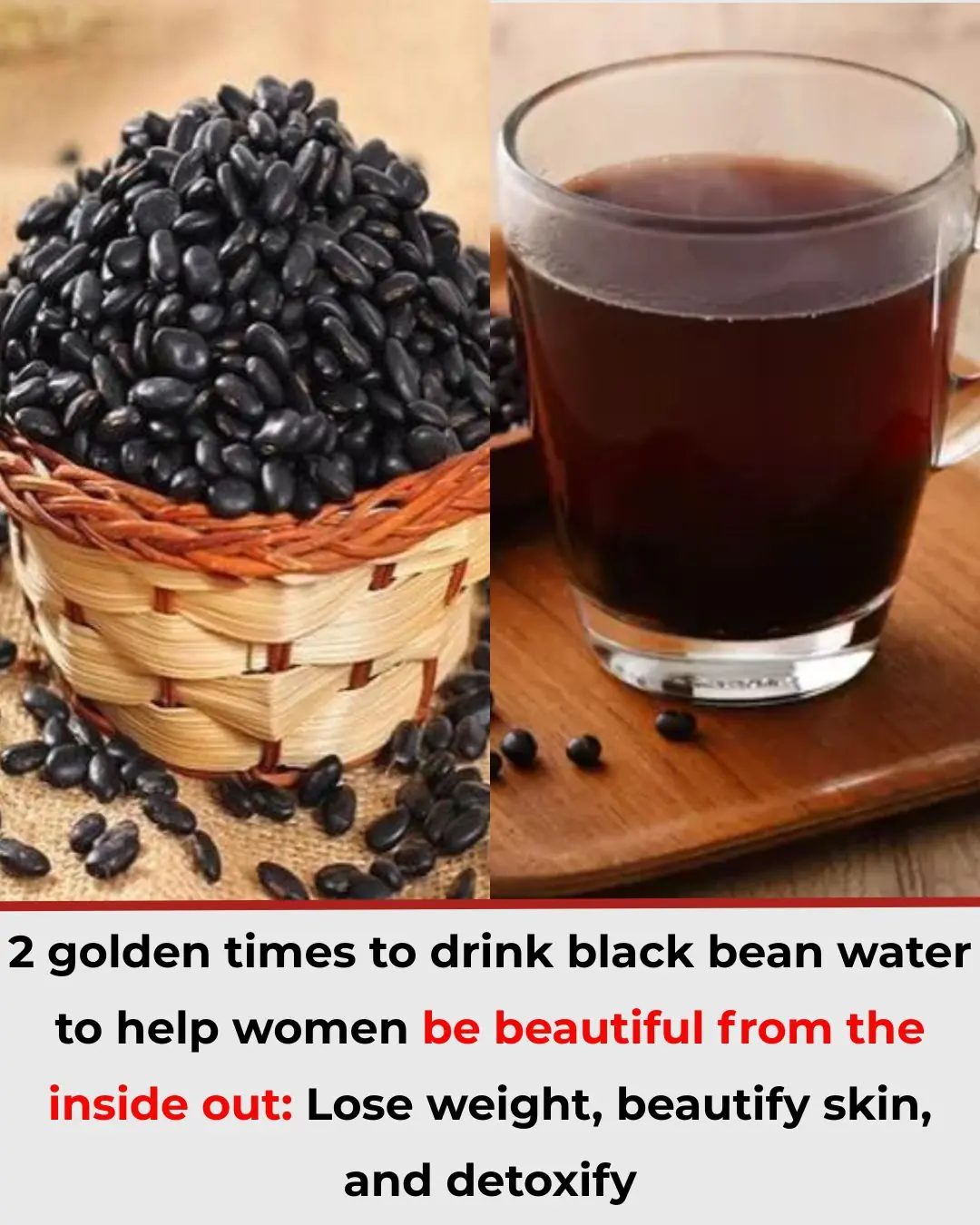
2 Golden Times to Drink Black Bean Water for Women: Slim Down, Beautify Skin, and Detox Naturally

Should You Keep Your Bathroom Door Open or Closed? Many People Still Get It Wrong
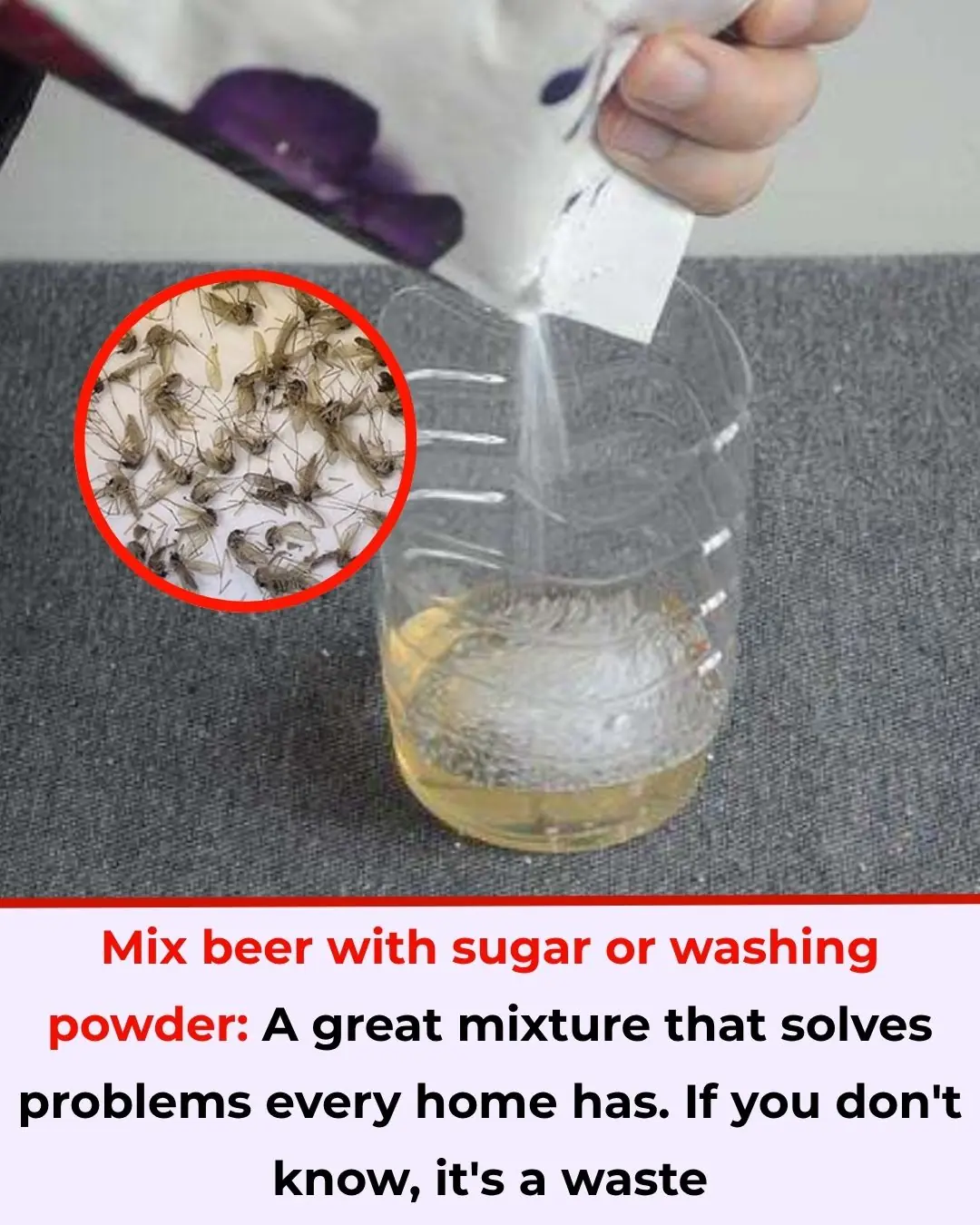
Beer + Laundry Detergent or Sugar: A Simple Trick to Deal with Mosquitoes at Home
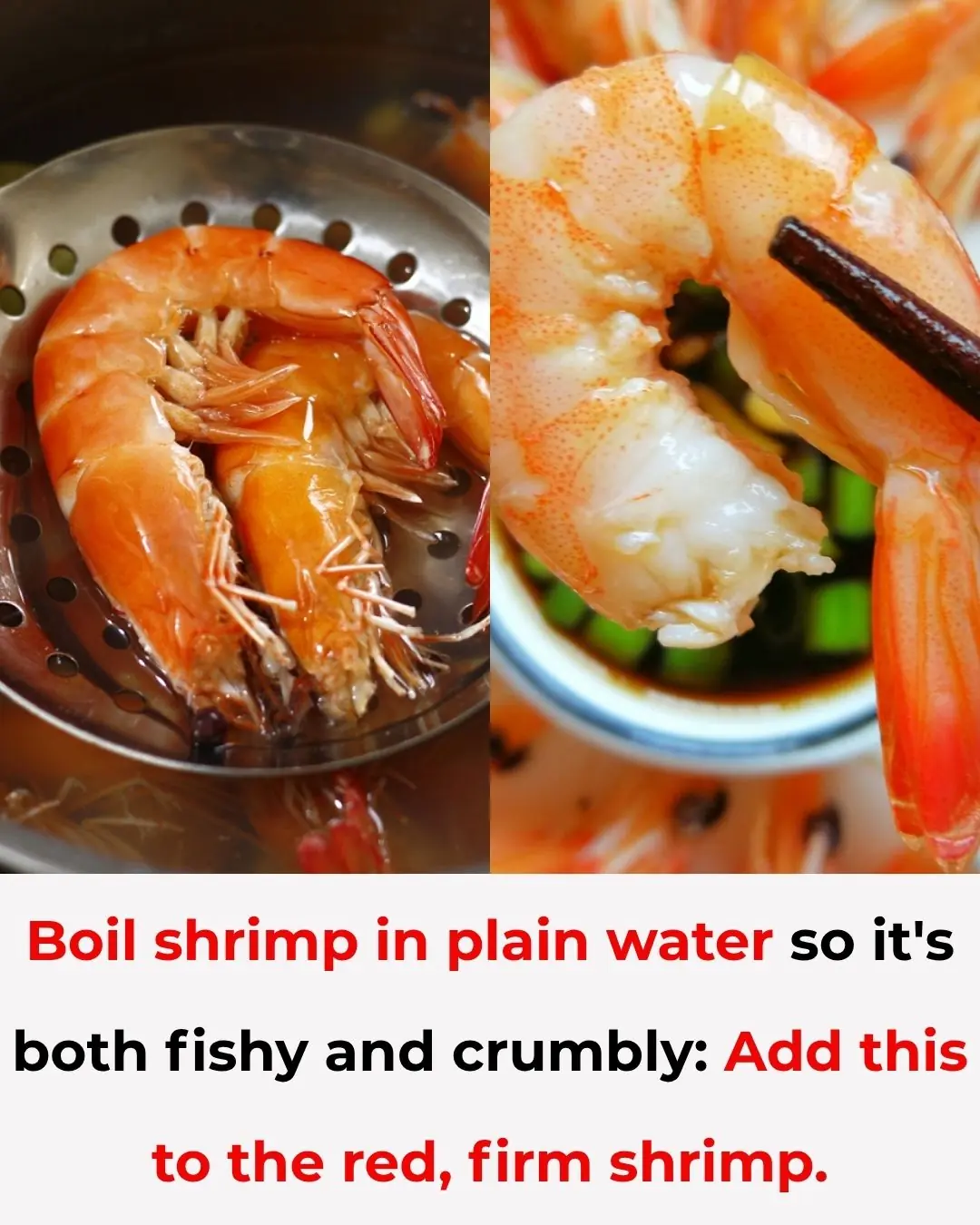
Boiling Shrimp with Plain Water Makes It Fishy and Mushy — Add This Simple Ingredient for Firm, Bright Red, and Delicious Shrimp

I Just Learned What the Detergent Drawer on the Washing Machine Is Really For — No Wonder My Clothes Used to Come Out Dirtier!

Add White Vinegar to Dishwashing Liquid: A Simple Yet Brilliant Home Tip Everyone Should Know

Most people will never know

How to make Chicken braised in peanuts, both delicious and unique, making the whole family want to eat two after one meal

Tips for frying golden, delicious eggs, 2 eggs will puff up like 4
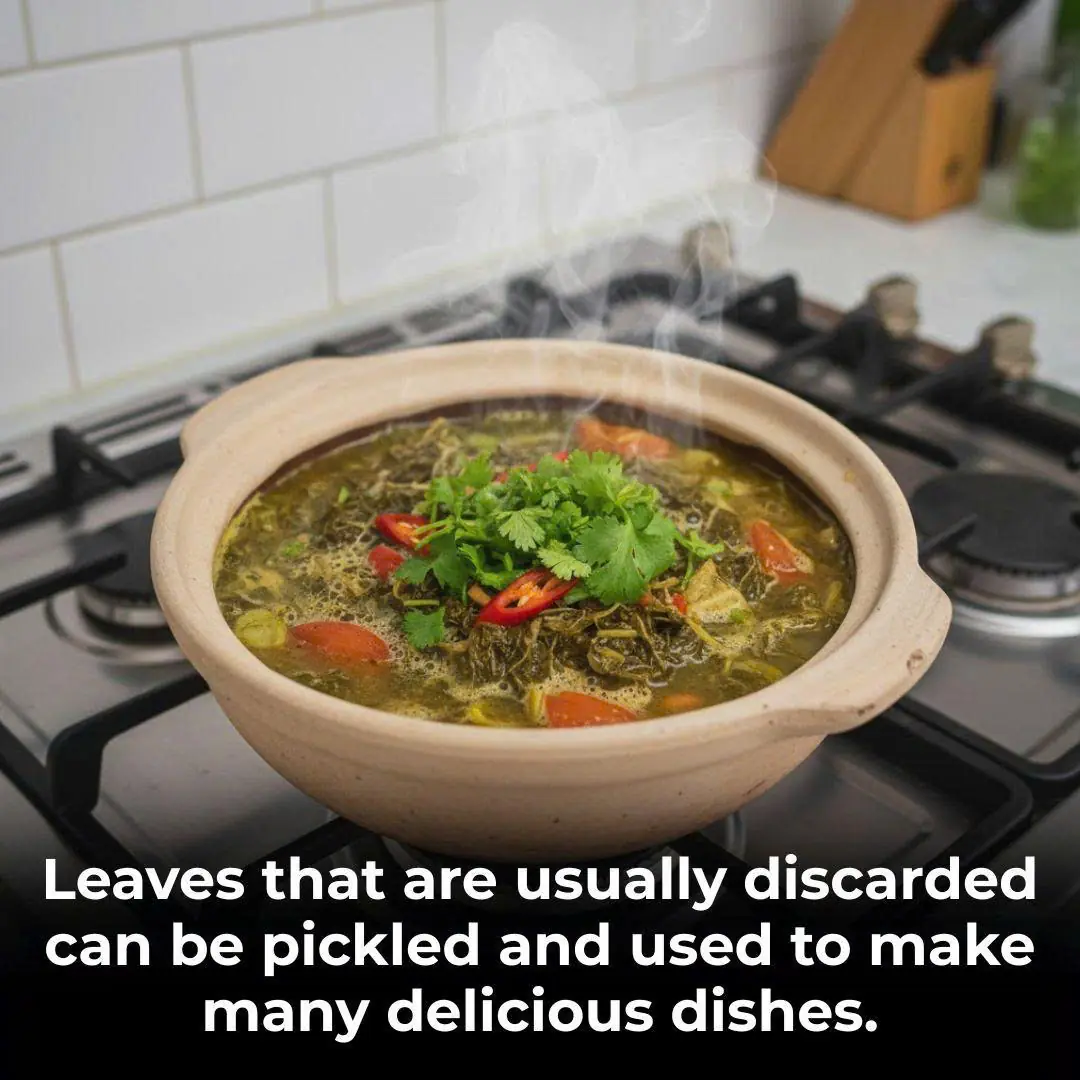
Leaves that are usually discarded can be pickled and used to make many delicious dishes.
News Post

Davina McCall reveals she’s been diagnosed with breast cancer in emotional video message

The Amazing 7 Benefits of Cucumber Peels — You’ll Never Throw Them Away Again!

My Nana’s 4-Minute, Zero-Work Hack to Freshen Carpets
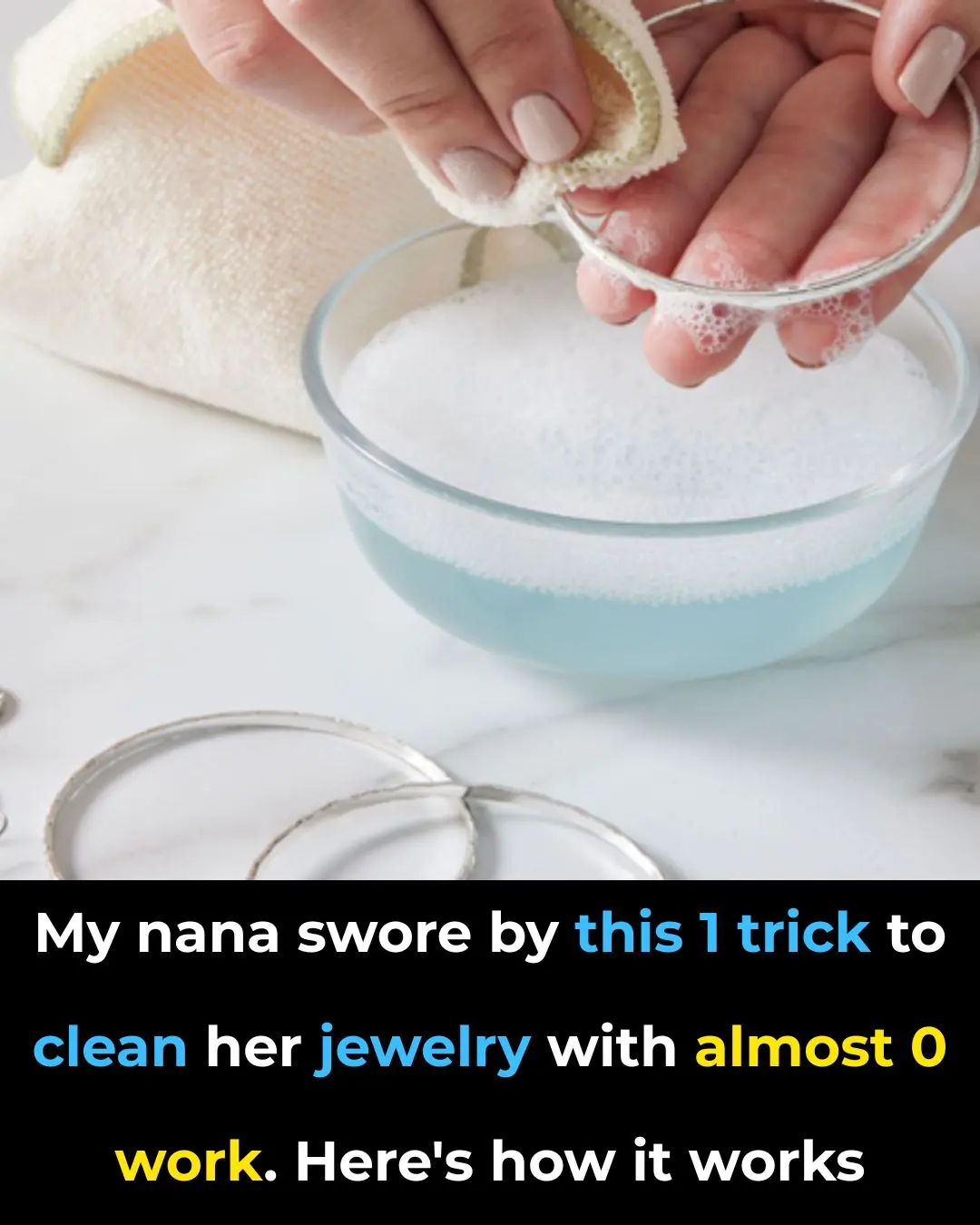
Nana’s Timeless Jewelry Cleaning Trick That Actually Works

My nana taught me this hack to relieve joint pain in 5 mins with 0 work. Here’s how it works
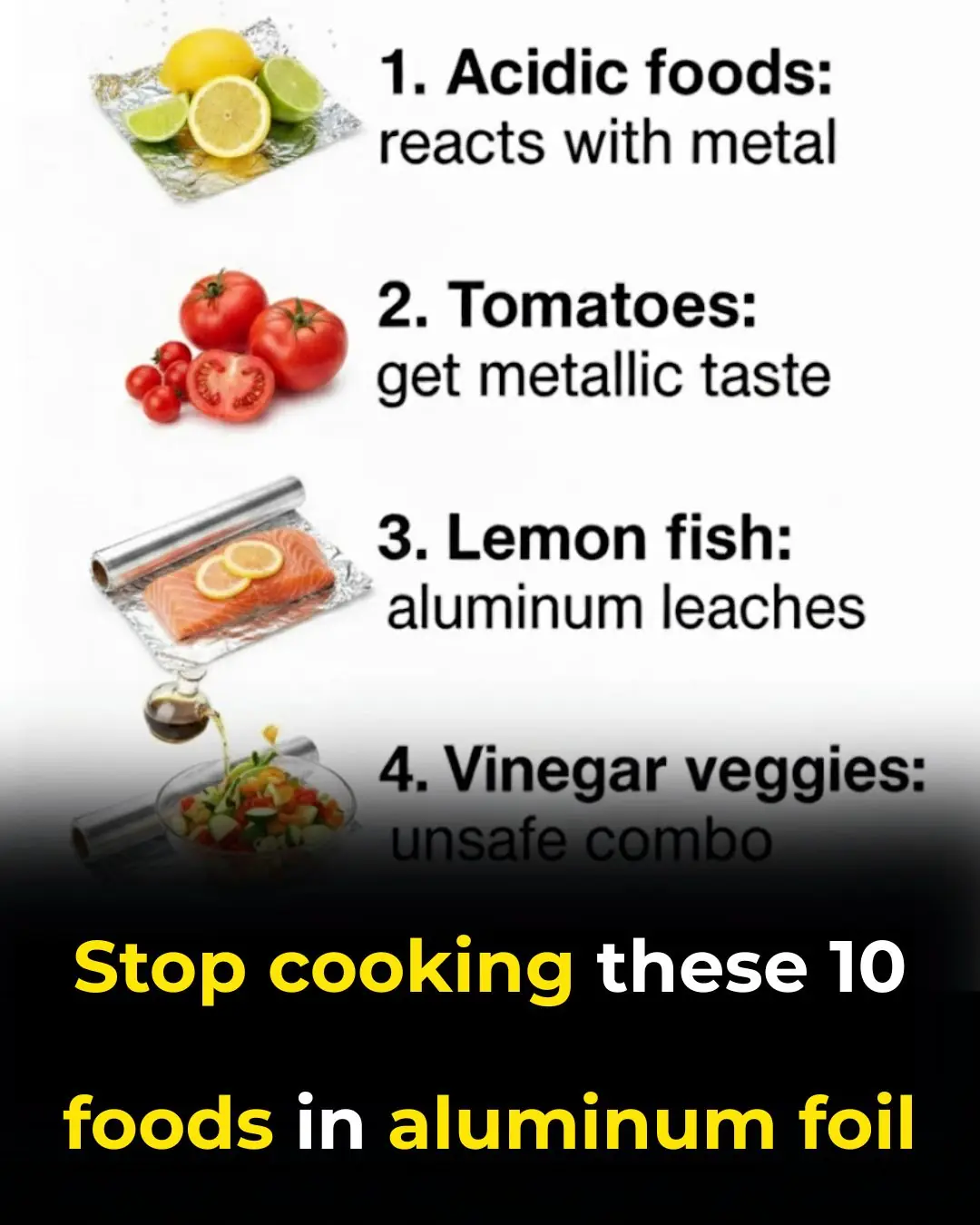
10 Foods You Should Never Cook in Aluminum Foil — And Why It Could Be Dangerous

What Does This Little Mark On The Ear Mean
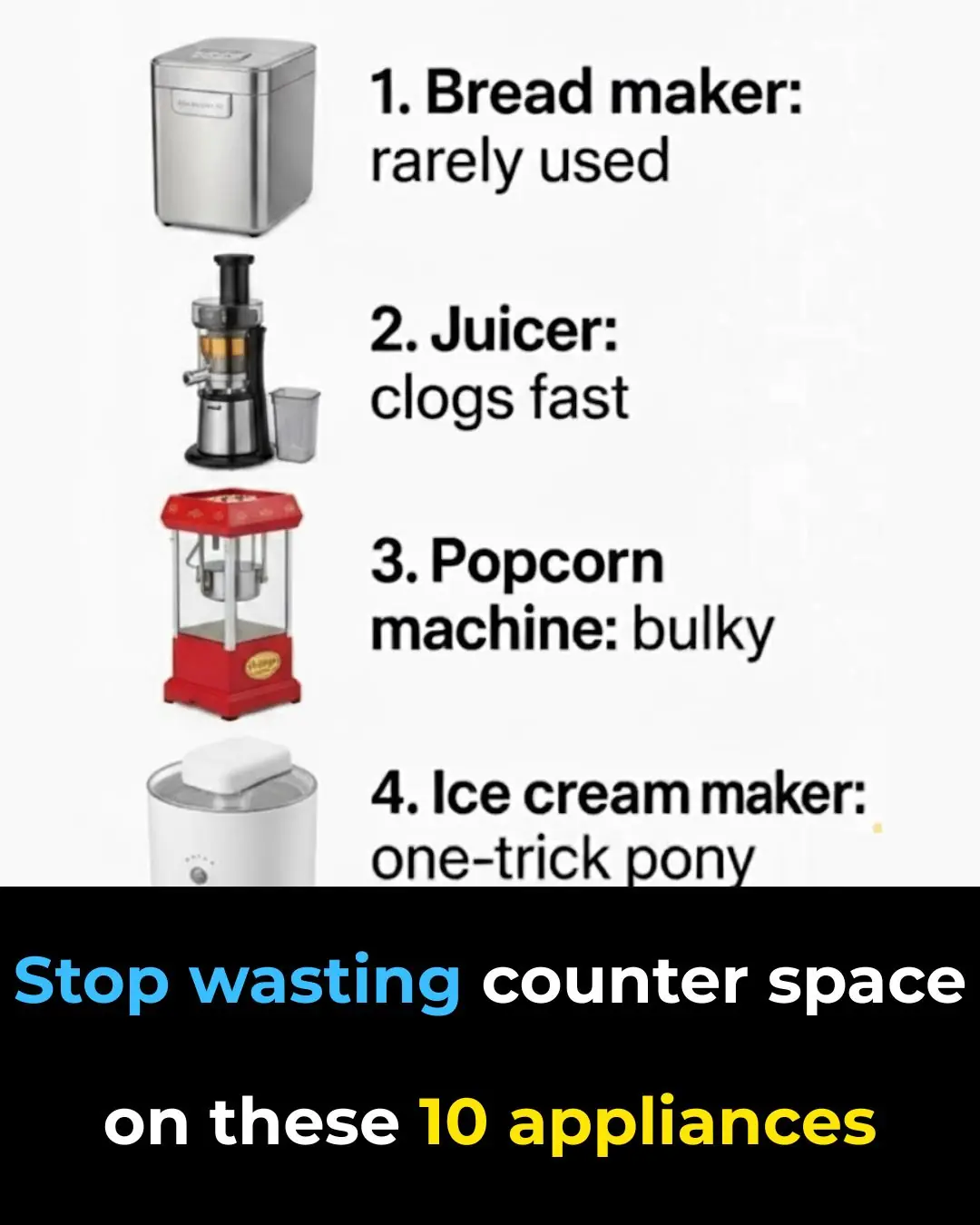
Stop Wasting Counter Space on These 10 Kitchen Appliances

Stop Wasting Money on These 10 Paper Products

Keyless Cars: What Every Driver Needs to Know

1 Minute to “Check Your Kidneys” at Home — See Instantly If They’re Strong or Weak

10 Controversial Winter Watering Tricks That Actually Work

Stroke and Heart Attack Often “Target” These People: 7 Things You Must Do Before It’s Too Late

Get Rid of Squirrels for Good by Planting These 10 Squirrel-Repelling Plants
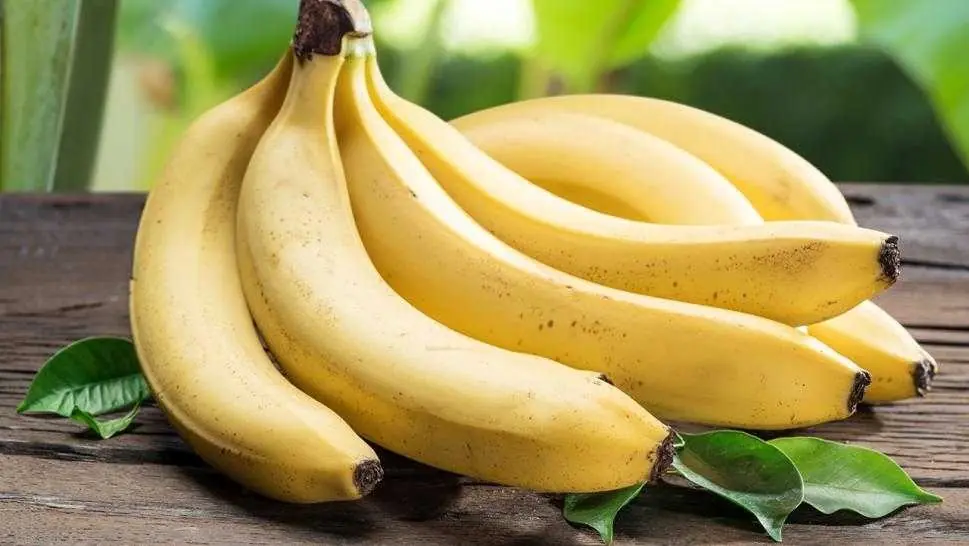
Doctor Finally Explains the Secret Effect of Eating One Banana a Day

THE NATURAL FIX THAT FINALLY GOT RID OF MY SWOLLEN FEET

Were you aware of this? Wow, I discovered something new!

Don't throw away the milk powder carton, punch a few holes and place it next to the bed, you will see the amazing effect

4 things to keep in the freezer are "extremely dangerous", if you are careless, you could lose your life
